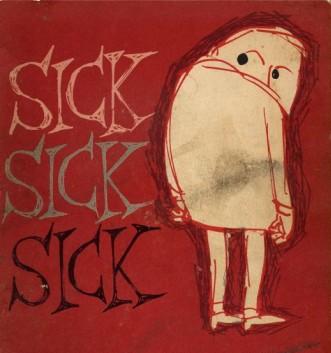In the days following the mass shooting in Germany , public policy advisers are presenting changes to legislature that would ban the sale of "addictive" games to all minors under legal adult age. A study of approximately 45,000 students was made focusing on their online and computer gaming habits. The results, as interpreted by the investigators, demonstrated that 20% of the survey pool were addicted to games with 23,000 more in danger of becoming addicted. Two of the games mentioned in the study were World of Warcraft and Counter Strike.




What do you think? Is it in society's best interest to regulate the sale of "addictive" games to minors or has government overstepped its bounds by emplacing these barriers between the seller and purchaser? Is it "no big deal" or another sign of "the nanny-state" trying to legislate good behavior? Would you be affected if similar laws were enacted in your homeland? If you weren't affected, would that change your opinion?
Study source: http://www.welt.de/english-news/article3391625/Counter-Strike-does-not-teach-teen-violence.html
Log in to comment